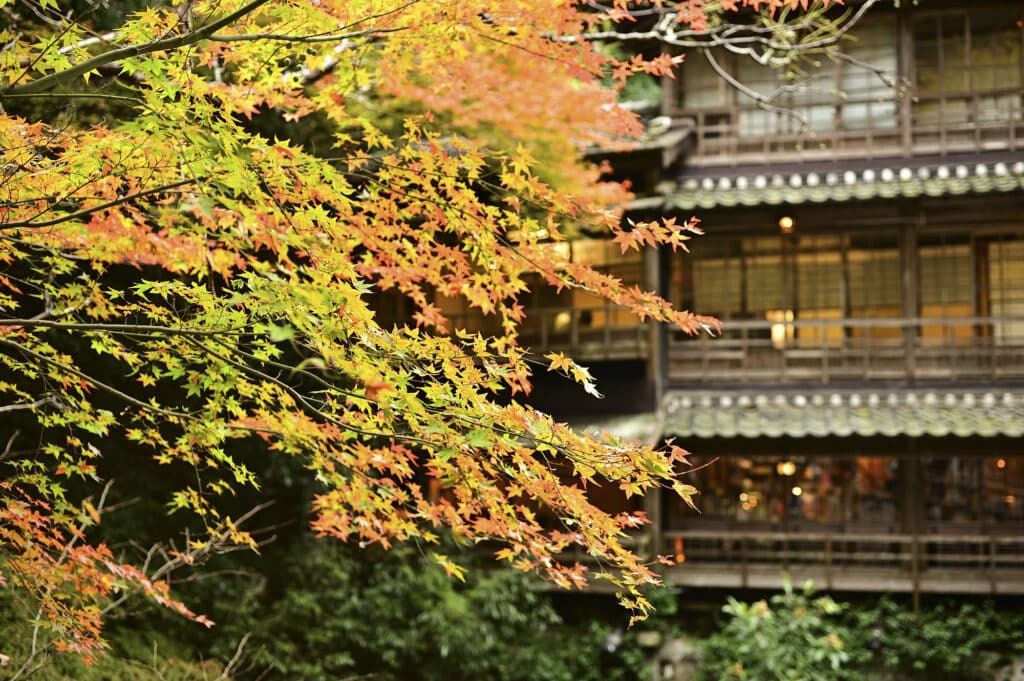How to Remove Reviews from 'Japanese Jalan.net

Many people use Jalan.net (hereinafter referred to as Jalan) to book their travel accommodations. If there are negative reviews on Jalan, it may cause hesitation in booking the inn you were considering. In recent years, with the development of the internet society, reputational damage on websites has become a significant issue. In this article, we will discuss the reputational damage caused by reviews on Jalan and how to address it.
What is Jalan?

Jalan is a major domestic travel site that allows you to make reservations for hot spring inns, hotels, and more via the internet. It is personalityized by a large number of special features on hot spring inns and leisure activities. The site is operated by Recruit, a company whose main business is advertising, and it has a strategy of creating trends and presenting them to customers. You can use Ponta points, and there are same-day reservations and Jalan-exclusive plans available.
What are malicious reviews posted on Jalan?
When deciding on a place to stay, many people refer to reviews. If a review contains content that could damage the reputation of the accommodation, it could deter potential guests. In this article, we will introduce the types of malicious reviews that are posted on Jalan.
Reviews not based on actual experiences
There are instances where people who have never used the accommodation post content such as “I will never use this place again” or “It was the worst hotel”. Such reviews are absolutely unacceptable for the accommodation providers. Jalan has its own “Review Posting Rules” which prohibit “posting content not based on the user’s own experience or usage experience through Jalan” and “members who have not actually stayed posting, or allowing non-members to post”. Therefore, reviews not based on actual experiences may violate these rules.
False reviews
Reviews with content contrary to the truth, such as “You can get a refund if you are dissatisfied” or “There are hidden services not listed on the site”, are also a type of malicious review. From the perspective of the hotel manager, it is obvious that these are false as they mention services that do not actually exist. These may violate the prohibition in the “Review Posting Rules” Article 5, “Posting content that contradicts the facts or is false”.
Repeatedly posted reviews
Posting the same content repeatedly is also a type of malicious review. This can be considered as trolling the review section. Repeatedly posted reviews may violate Article 6 of the “Review Posting Rules”, “Intentionally posting the same content multiple times”.
Reviews about problems between users and facilities
Even if a user gets involved in some trouble due to staying at a hotel, it is a matter between the hotel and the user, and has nothing to do with the facility. For example, even if a wallet is stolen in the hotel, the incident has nothing to do with other users. This may violate Article 9 of the “Review Posting Rules”, “Posting content that the company has judged to be a matter between the user and the facility”.
Reviews with problematic content or expressions
Reviews with expressions or content such as slander or defamation are also a type of malicious review that can damage the reputation of the accommodation. The “Review Posting Rules” also stipulate prohibitions regarding content and expressions, specifically including the following restrictions:
- Expressions that infringe on the rights of others, such as honor
- Content that includes matters related to individual privacy
- Content that includes inappropriate expressions such as slander or discrimination
- Content that includes obscene or indecent expressions
The above are not all the restrictions regarding content, so if you want to know more, please refer to the terms and conditions.
How to Request Removal for Violation of Terms of Use

In the previous section, we introduced examples of malicious reviews along with the prohibited actions under the “Review Posting Rules” of Jalan (Japanese travel booking site). If these prohibited actions are violated, it is possible to request removal on the grounds of violation of the terms. Furthermore, no proof of violation is required, making it a simple task to request removal.
For information on how to identify the poster, please refer to the article below.
https://monolith.law/reputation/jalan-reviews-specific[ja]
How to Request Removal
Find the contact information for the support desk from the Jalan management screen and make a removal request by phone or memo. The information to be conveyed is as follows:
[Required Items]- Date of birth
- Reservation number
- Name of the accommodation facility
- Reason for removal
The following items can be specifically mentioned as reasons for removal:
- Username of the user who made the review in question
- Posting date of the review in question
- Expression you want to request for removal
- Part of the content
- Terms believed to be violated
In fact, the Jalan management also reviews and removes reviews. The “Review Posting Rules” include items related to the authority of the bulletin board operator, which stipulate the “right to conduct pre-publication review” and the “right to modify or delete part of the content”. Please note that this review is strictly a “pre-publication” review. In other words, once a review is posted, it cannot be modified or removed. As it cannot be definitively stated that there are no oversights in the pre-publication review stage, it is wise to report any reviews with content that is believed to be in violation.
Examples of Cases Where Removal Requests are Made on the Grounds of Illegality
Among malicious reviews, there may be those that violate the law. The first thing to consider in the case of reviews that fall under reputational damage is ‘defamation’. Defamation is likely to be established if it is recognized as a review of a specific matter that is contrary to the truth and leads to a downgrade of the company’s image.
The key point is whether it contradicts the facts. For example, if you try to sue for defamation with a review saying “the food is bad”, that lawsuit will most likely be dismissed. The expression that the food is bad is based on the user’s subjectivity, so it cannot be said to contradict the facts. However, if it is about a service that does not actually exist and has content that could lead to a downgrade of the company’s image, it clearly contradicts the facts, so defamation may be established. For more details on this meaning of ‘defamation’, please refer to the article below.
https://monolith.law/reputation/defamation[ja]
Removal by Provisional Disposition
When seeking removal on the grounds of illegality, you will need to apply for removal through the courts. Since initiating a lawsuit can be time-consuming, a provisional disposition procedure may be considered as a quicker method. In the case of a provisional disposition, not only legal claims as mentioned above are required, but also evidence to support these claims. It can be quite challenging to make such claims and provide proof without the assistance of a lawyer. Moreover, just because the process is quick, it does not guarantee an easy win. In fact, in provisional dispositions, substantial discussions often arise during the examination procedure, and the outcome is often influenced by the lawyer’s skill. Therefore, it is advisable to seek the assistance of a lawyer who has experience with provisional dispositions for defamation.
Identifying Posters through Provisional Dispositions
By consulting with a lawyer, it is possible to make a request for disclosure of sender information to identify the poster of malicious reviews. In a request for disclosure of sender information, you can seek the disclosure of information such as the IP address of the poster who made the review. We provide a detailed explanation of the “procedure for requesting disclosure of sender information” in the article below.
https://monolith.law/reputation/disclosure-of-the-senders-information[ja]
On Jalan, anyone who has made a reservation as a member and actually stayed can post a review. Therefore, there is a good chance that you may receive groundless defamatory reviews due to rivals in the lodging industry or pranks. Even in such cases, if you know the poster’s IP address, you should be able to identify the poster.
Summary
At Jalan, they have established a set of rules called “The Commandments of Review Posting”, which define various prohibitions for reviews. The management conducts preliminary inspections, and reviews that violate these prohibitions are corrected or deleted. There may be instances where a post is published due to oversight, but if you contact the support desk and request deletion, they will accommodate you. However, if they claim that it does not violate the terms, your only option is to seek deletion due to illegality from the court. Temporary measures and identification of the poster are also possible, but these procedures require legal knowledge, so it is recommended to consult a lawyer.
Category: Internet





















